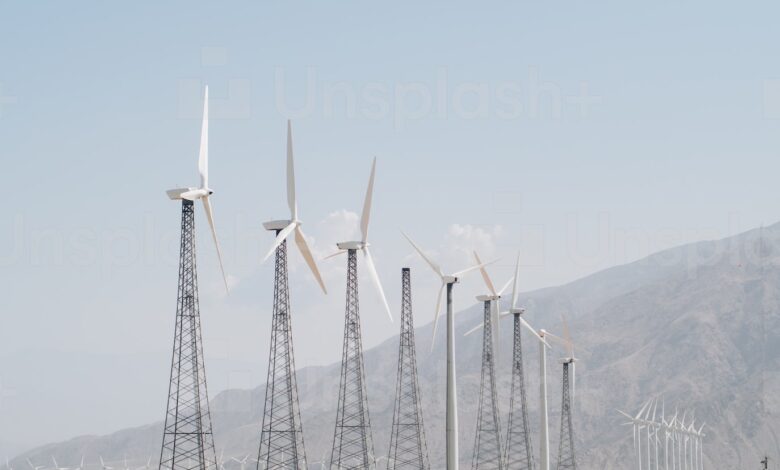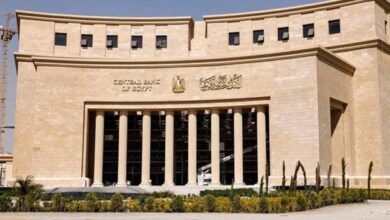
Environment Minister Yasmine Fouad said Egypt is keen to enhance cooperation with the European Union (EU) on applying the Carbon Border Adjustment Mechanism (CBAM) to advance its green transition.
This requires developing a clear road map for Egypt’s plan for executing this mechanism in line with the national priorities and social considerations, the minister added.
Fouad’s comments came during her meeting on Tuesday13/2/2024 with Director General for Taxation and Customs Union of the European Commission Gerassimos Thomas and his accompanying delegation, as they discussed opportunities for joint cooperation in realizing the CBAM.
The meeting was attended by EU Ambassador to Egypt Christian Berger and Raouf Saad, an advisor to the environment minister for multilateral agreements, and Amr Abu Aish, the secretary general of the coordinating secretariat for the Egypt-EU Partnership Agreement.
The minister reiterated Egypt’s commitment to efforts aimed at addressing the impacts of climate change in conformity with the Sustainable Development Goals (SDGs), highlighting that the country launched the 2050 National Climate Change Strategy and updated its National Contributions Plan twice to raise the proportion of renewable energy in its energy mix to 42 percent by 2030.
Fouad highlighted as well Egypt’s endeavors to cut industrial emissions, as part of an energy efficiency program and the Environment Ministry’s Industrial Pollution Control Program (EPAP).
On his part, Gerassimos Thomas hailed Egypt as a promising country to apply the CBAM, especially in light of its keenness to push forward green transition.
In this regard, he stated the EU’s allocations to Egypt amounted to 5.8 billion euros, more than 50% of which were directed to support green transition.
EU allocations are expected to increase to 9 billion euros by 2027, Thomas said.
He noted the CBAM is aimed at cutting carbon emissions in heavy industries, such as cement, aluminum, and fertilizers, by setting governing standards for products imported to the EU countries.




